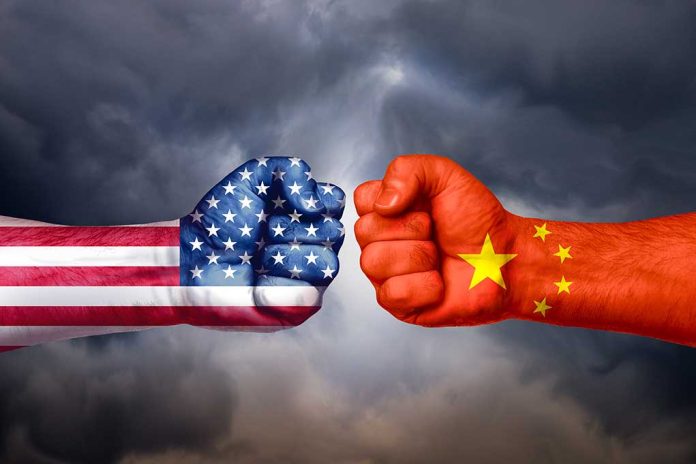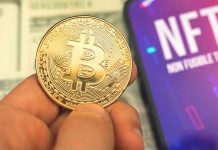
In New York, a former governor’s aide’s indictment highlights China’s strategy to bypass federal barriers by influencing local U.S. politics, raising concerns over foreign entrenchment in domestic affairs.
At a Glance
- China’s widening influence is seen over American sectors like sports and technology.
- Beijing targets local U.S. politicians to gain allies for future influence.
- The FBI monitors Chinese meddling as high-profile cases emerge.
China’s Local Political Strategy
China’s influence in the United States has evolved beyond national borders into local politics. Recent legal actions in New York unveil Beijing’s intent to wield power through U.S. local governments, circumventing federal restrictions. Evidence suggests a deliberate push to foster relationships at state levels, potentially grooming future national leaders supportive of Chinese interests. Such strategies not only bypass well-fortified federal defenses but also exploit lesser-guarded local terrains.
The appeal to local figures is augmented by China’s management of its diaspora. By embedding themselves in these communities, Chinese authorities amplify their influence and curb pro-Taiwan messages. Besides, the Chinese model has successfully engaged with American business, leveraging economic allure to cement its standing.
🚨 🚨 🚨 NEW @FDD REPORT🚨 🚨 🚨 #China’s Subnational Reach Into the United States
The latest research from my colleagues Emily de La Bruyere and Nate Picarsic uncovers a critical yet often overlooked threat: China’s influence operations targeting U.S. states and local…
— Craig Singleton (@CraigMSingleton) December 17, 2024
Influence in Business and Media
China’s dominion extends over sectors like sports, entertainment, and tech, employing “sharp power” tactics. The 2019 Daryl Morey incident demonstrated China’s grip on firms like the NBA. Changes in U.S. tech compliance underscore this; Apple’s and Google’s product alignments with Chinese censorship reveal underlying pressures. Such maneuvers highlight China’s sway over American markets keen on penetrating China’s economic sphere.
Moreover, China’s state-run media exercises influence by flooding U.S. outlets with propagandist content. For instance, Chinese state media penetrates U.S. consumption through paid inserts, affecting local narratives. Despite such actions, American policymakers keep a vigilant eye on these dynamics, striving to curb undesired influences in the democratic fabric.
Indepth look at China's efforts to influence the US election. China's "Spamoflauge" network is impersonating US voters online, according to @VOANews
https://t.co/xXCEAtr2NX— Mike Abramowitz (@abramowitz) September 18, 2024
Educational and Political Spheres
The education sector illustrates China’s methodical soft-power exercises, with Confucius Institutes acting as conduits for influence. Tied to these efforts are scholarships compelling loyalty to the CCP. More tangibly, the presence of Chinese student bodies fosters an environment conducive to Beijing’s goals. Such institutions not only imprint foreign students’ perspectives but pave pathways for potential allegiance to China.
American law enforcement remained active, having anticipated Chinese influence in the recent elections. High-profile investigations underscored this vigilance, ensuring the U.S. democratic process remained untainted.
As Beijing continues to press its agenda across various U.S. sectors, the balance of influence hangs delicately, steered by the foresight of both nations.








